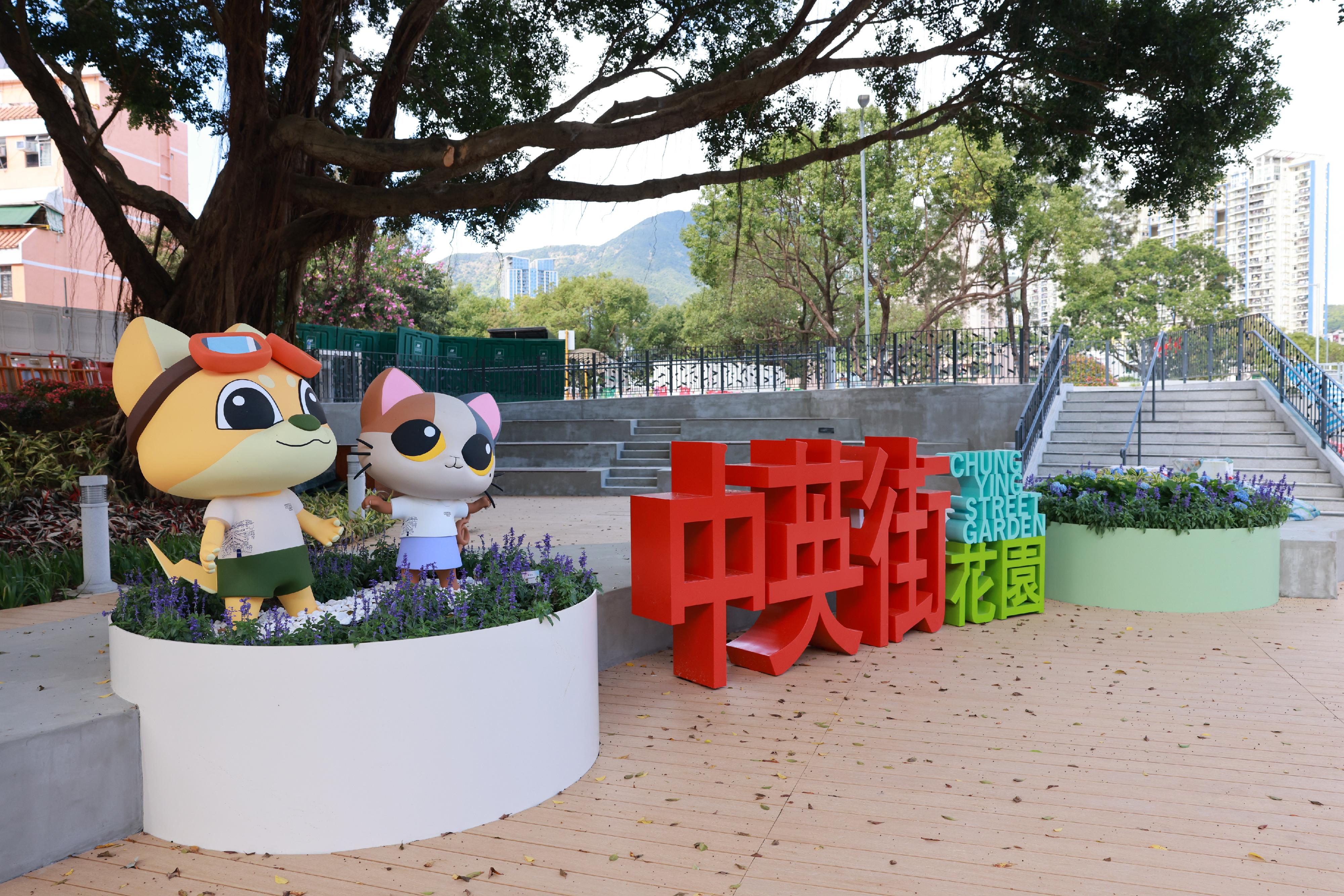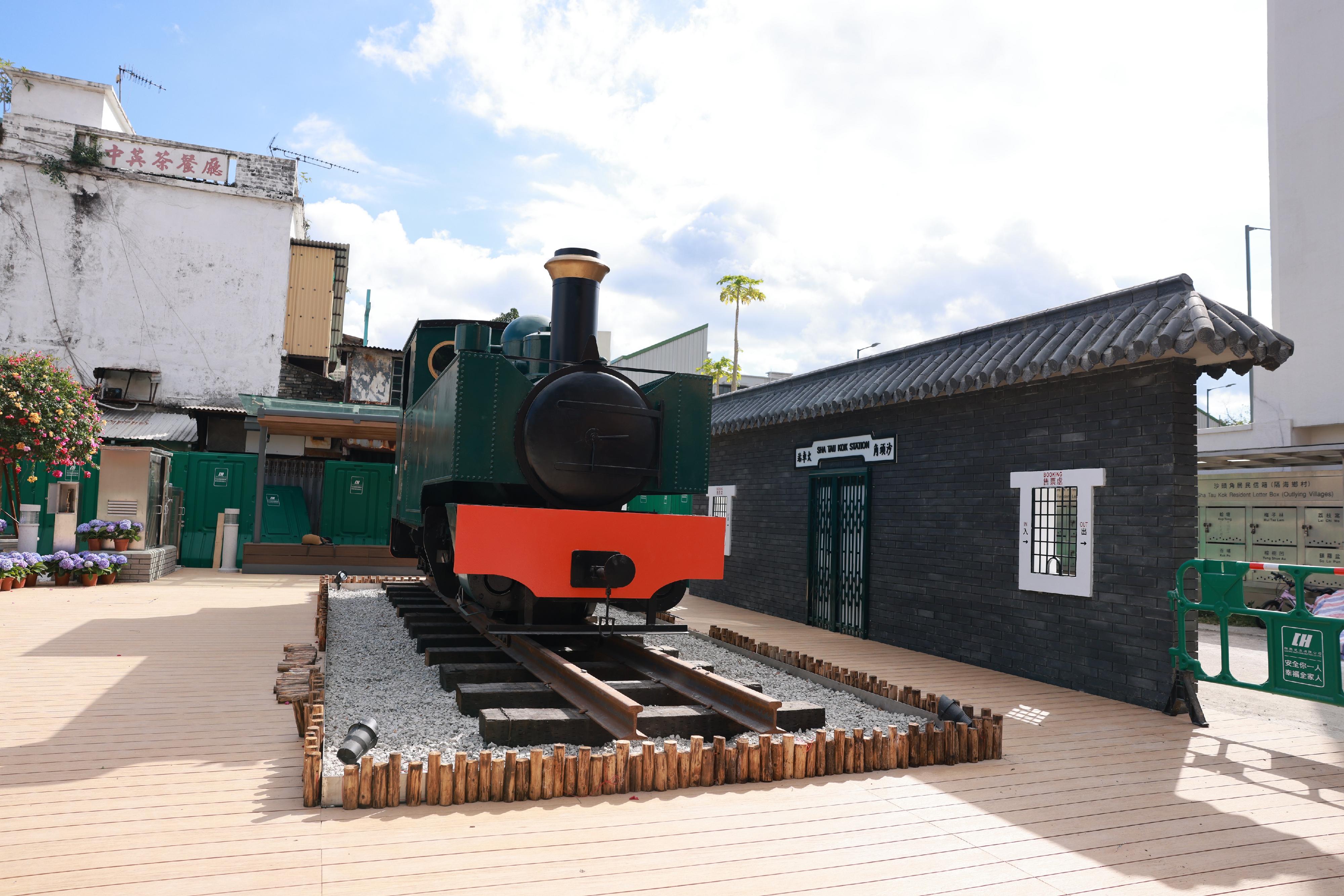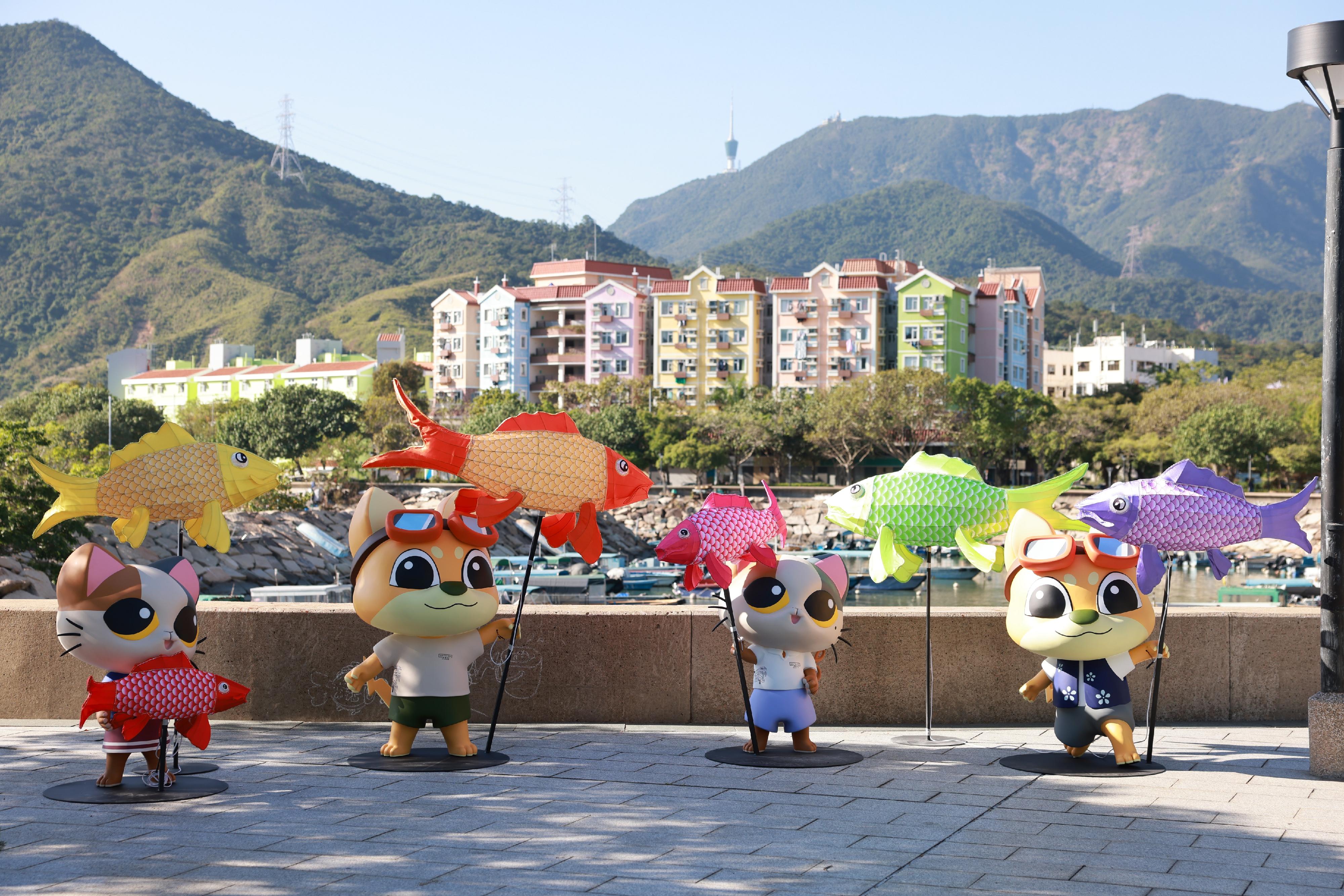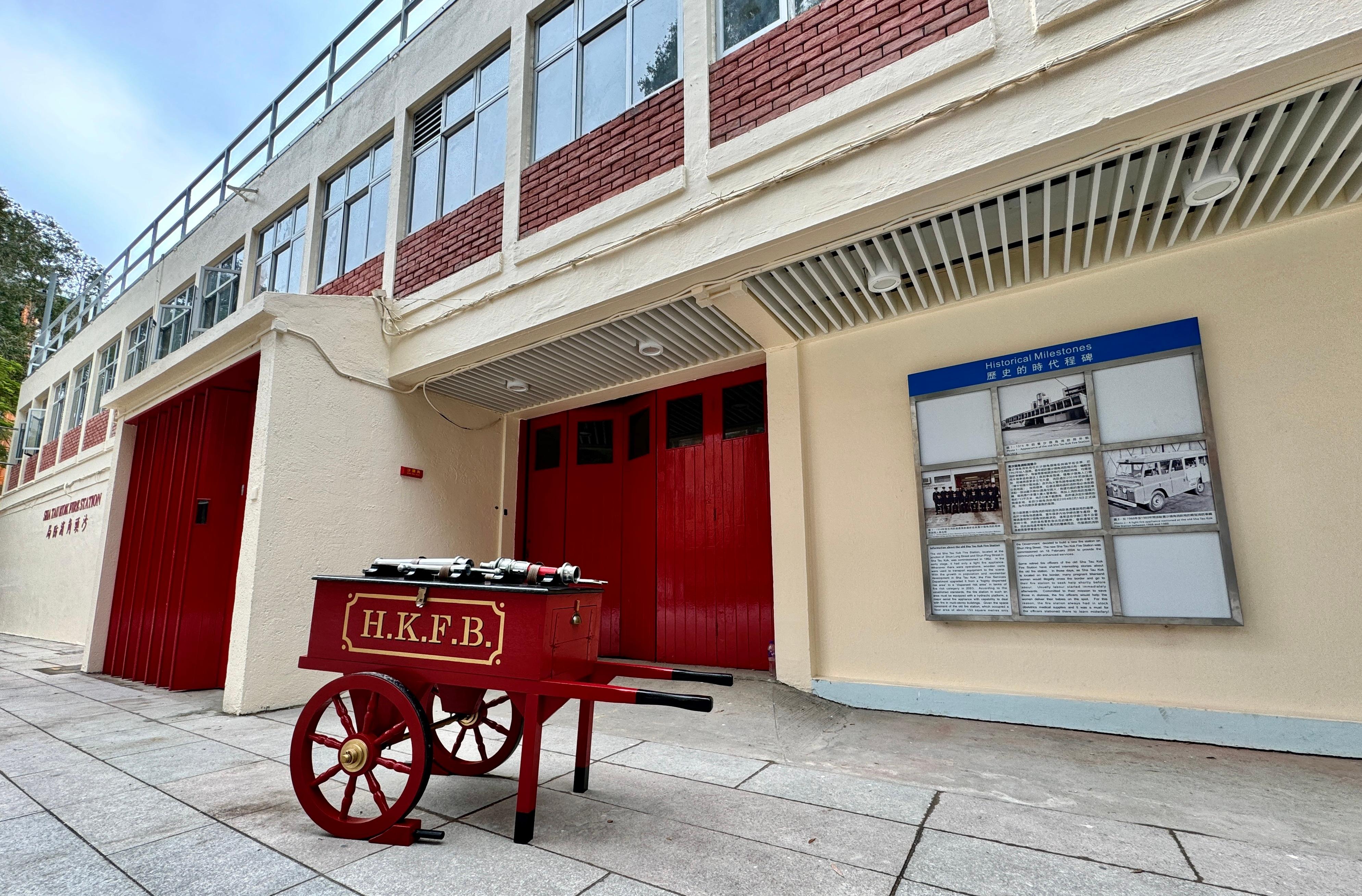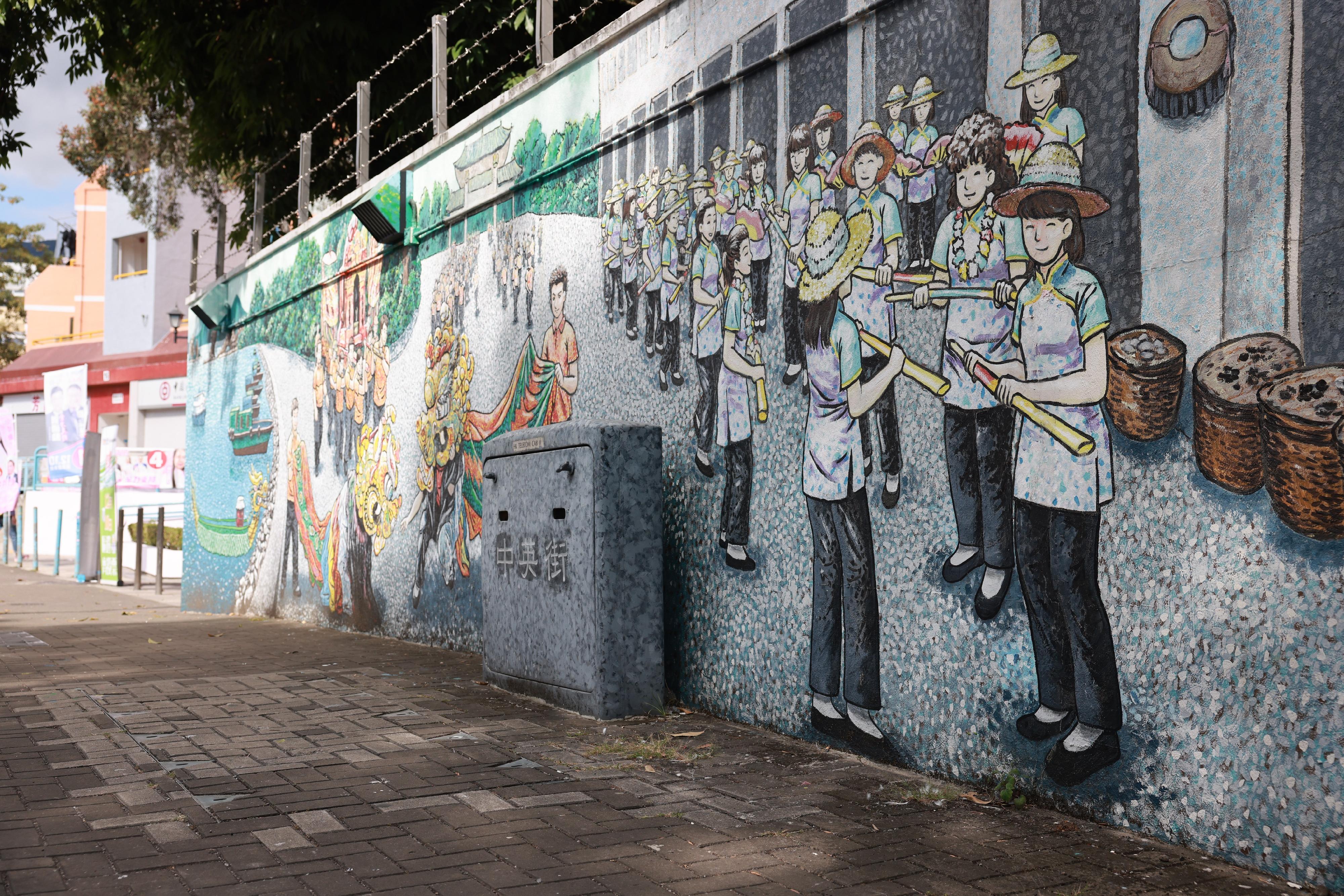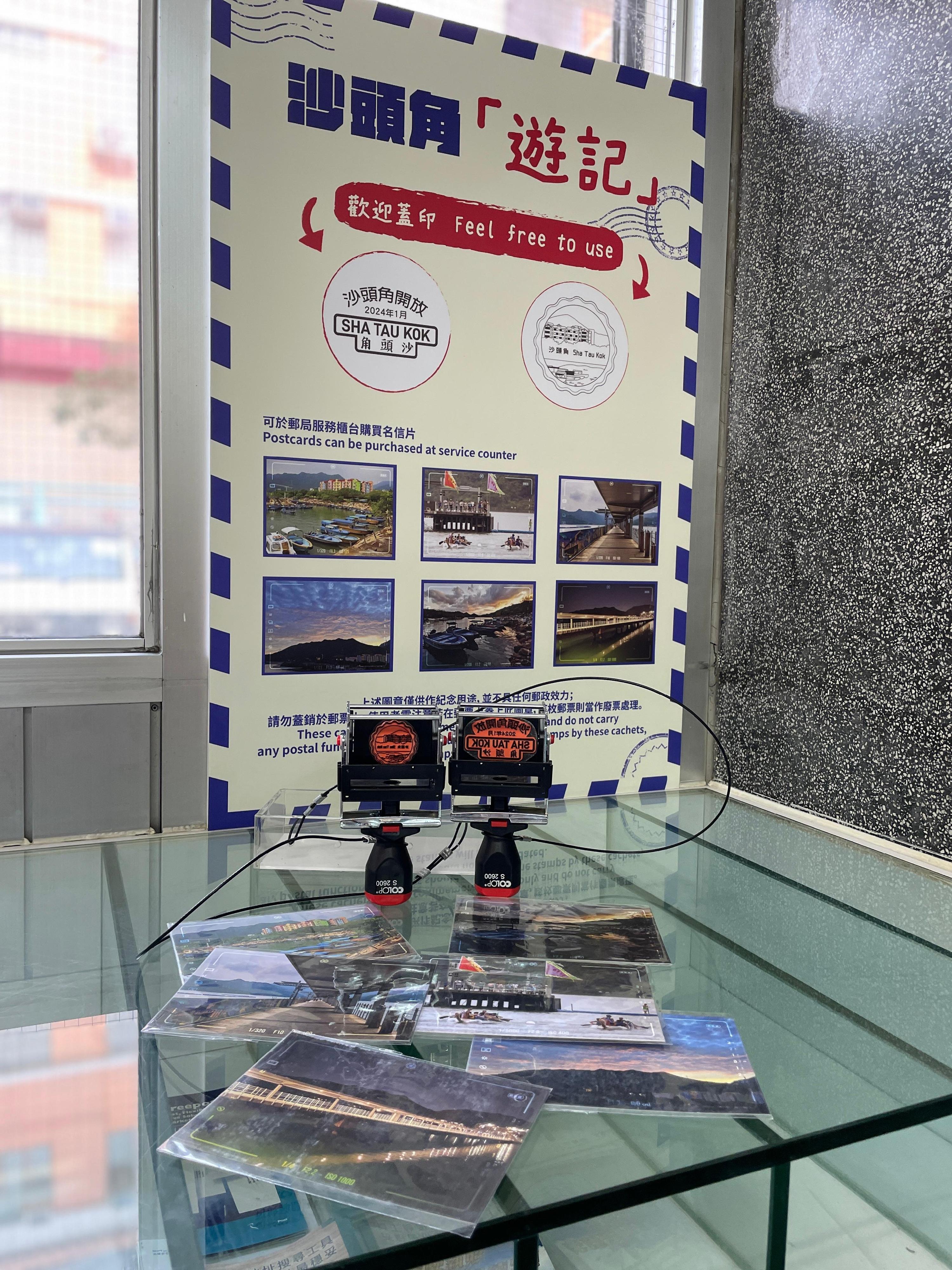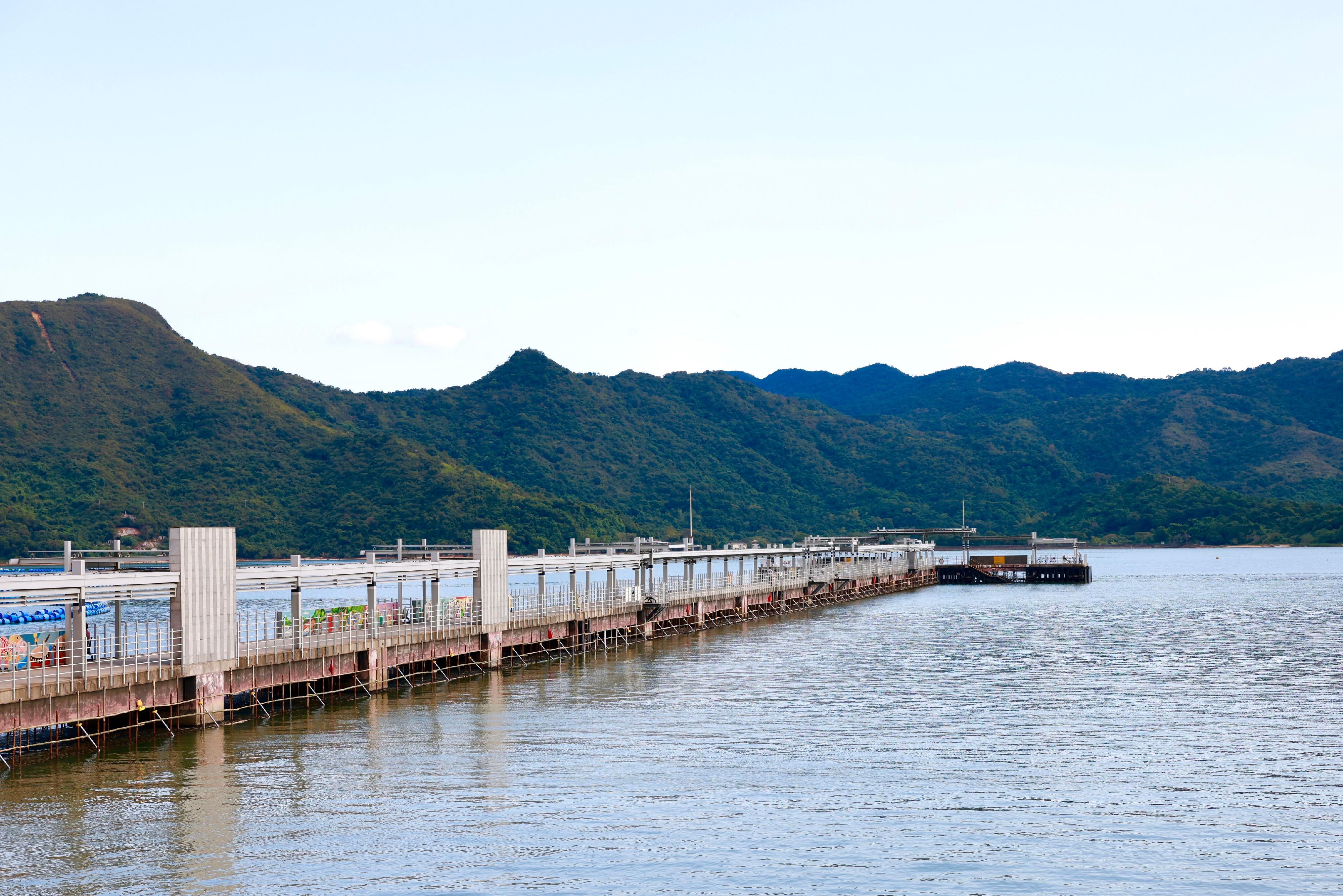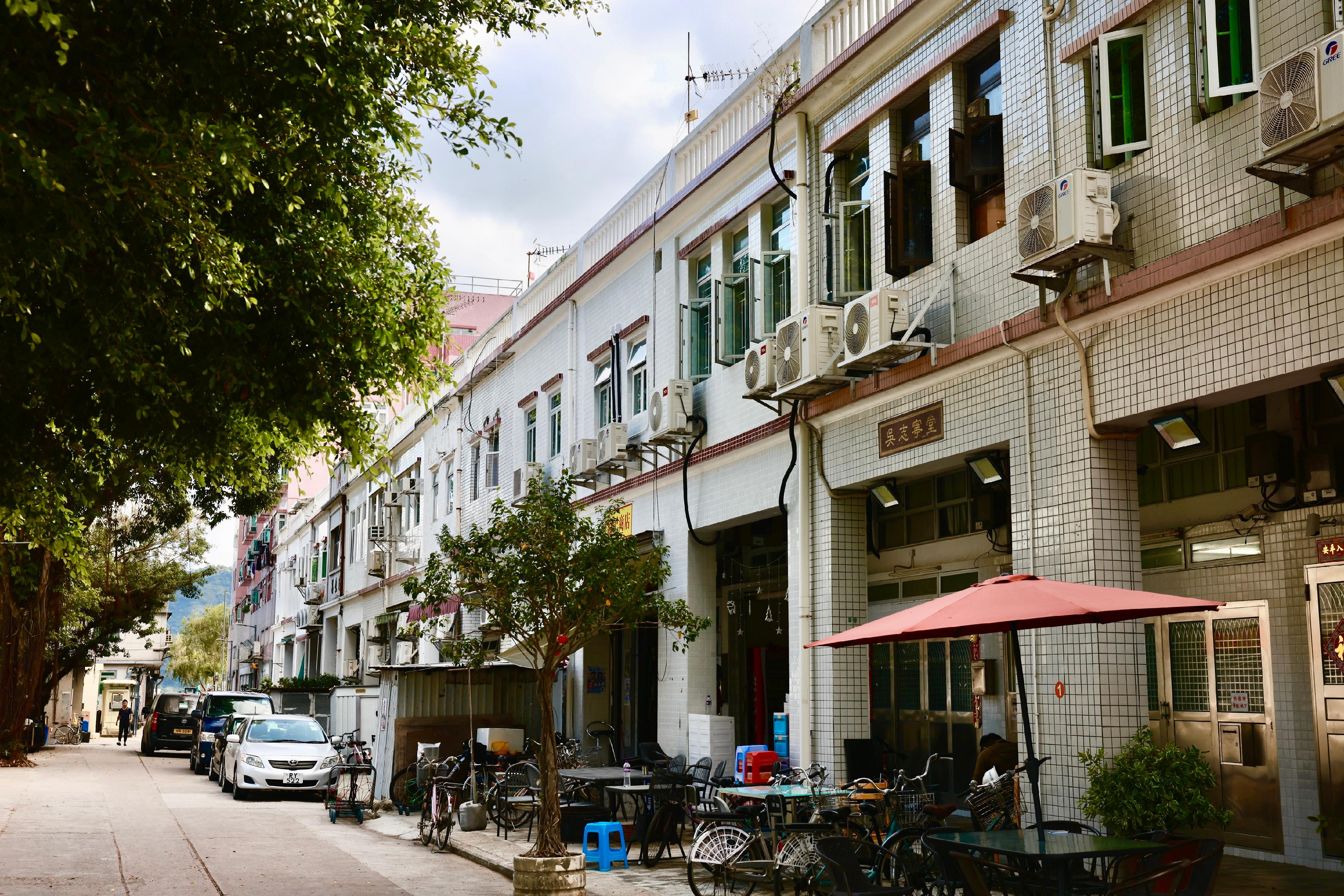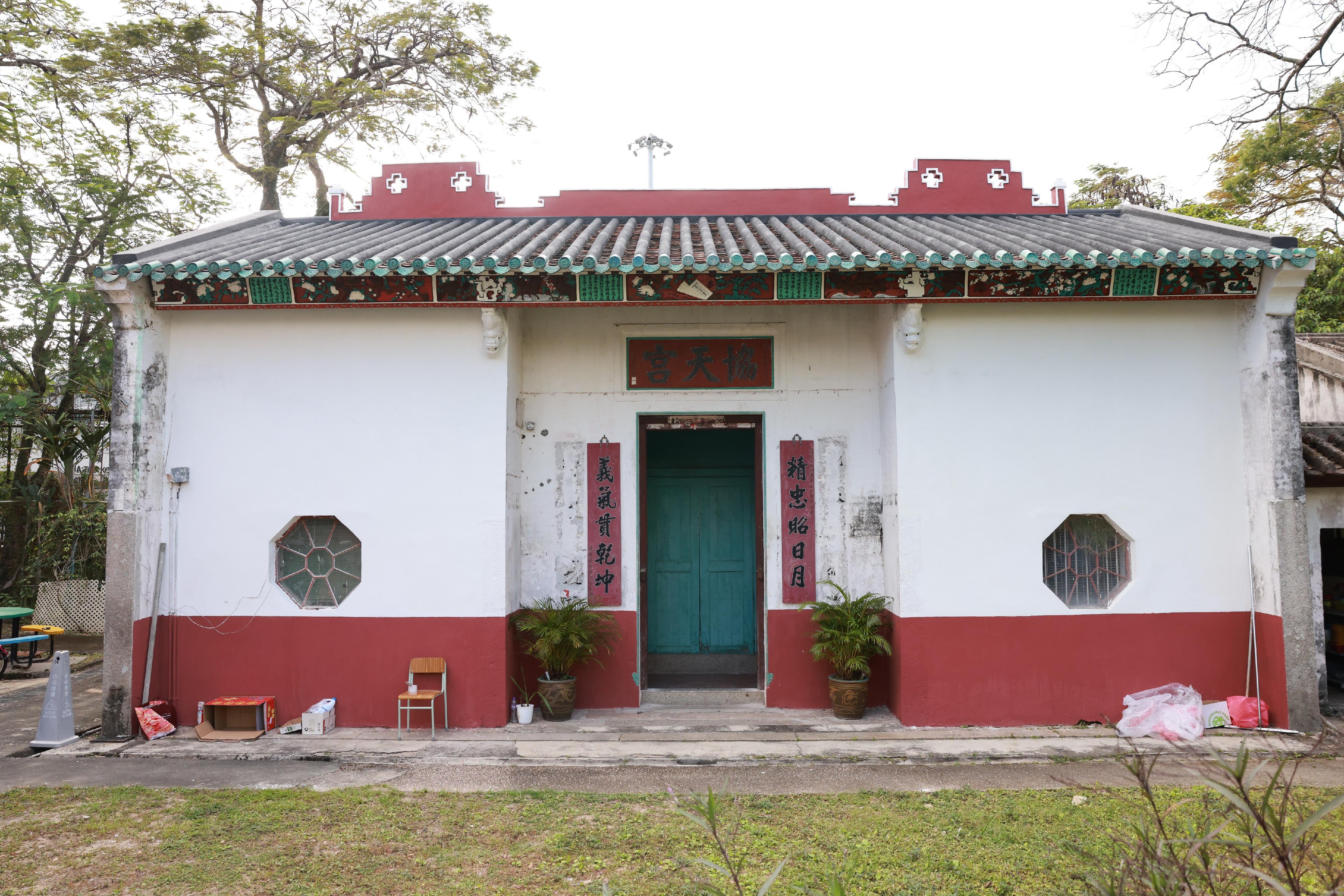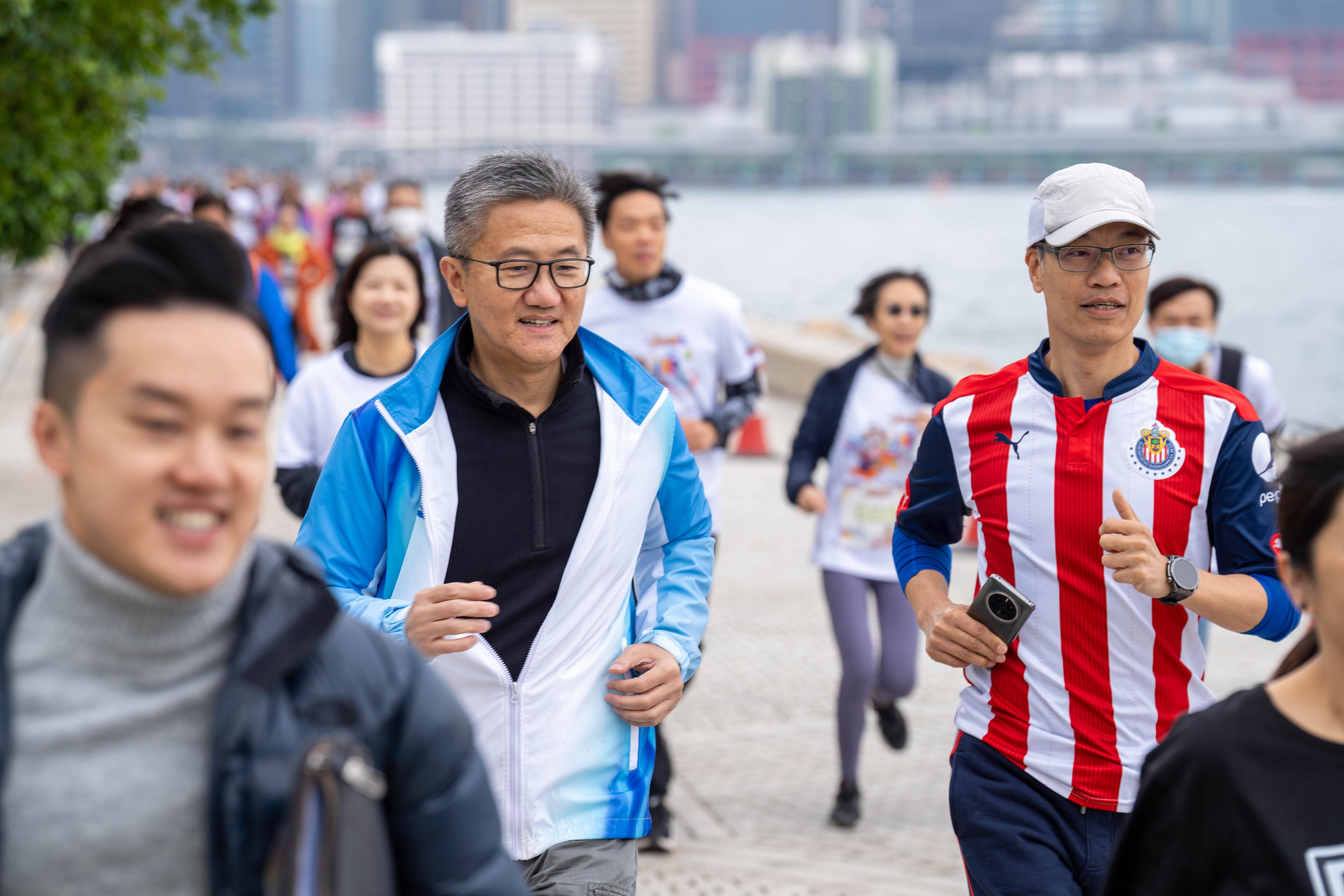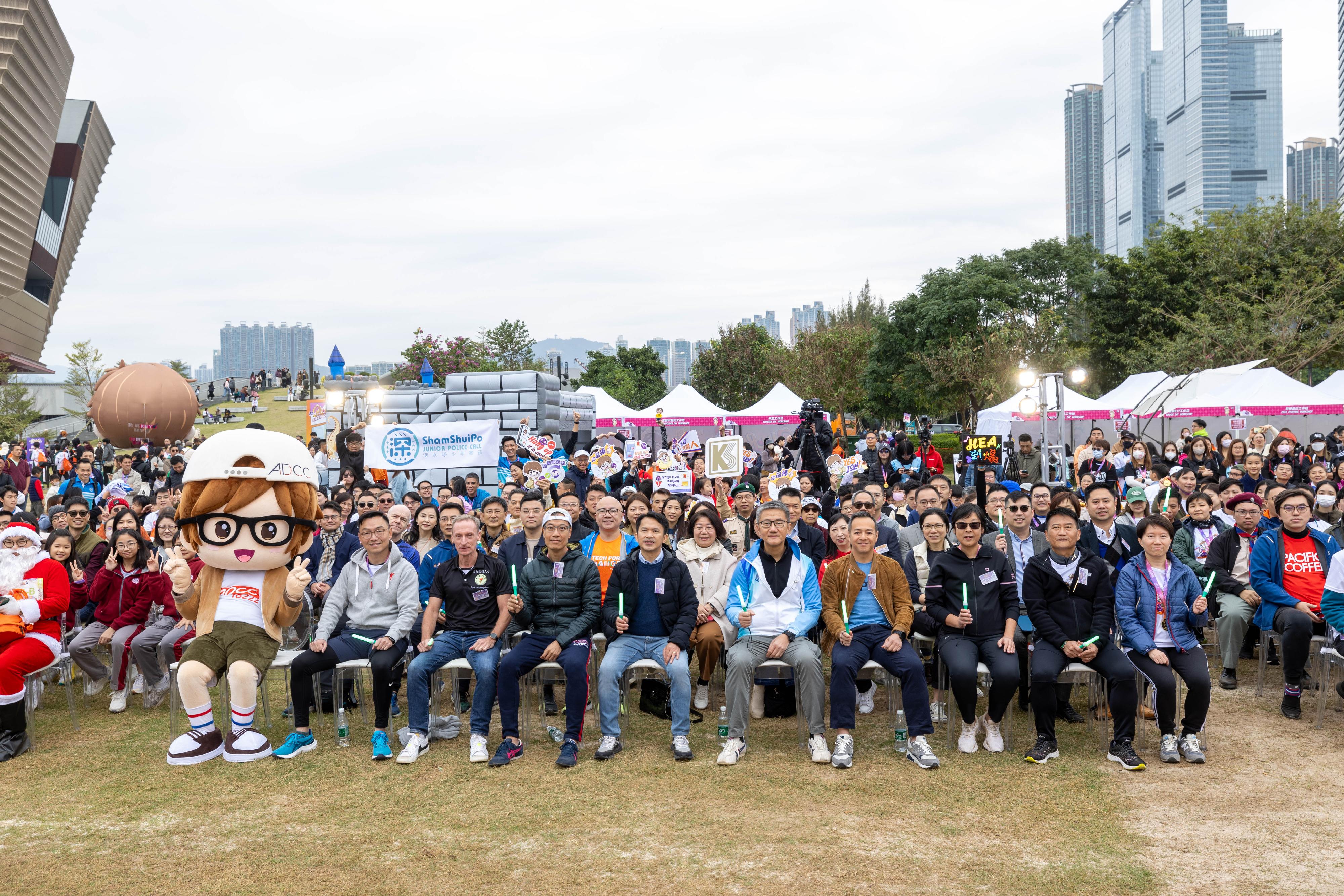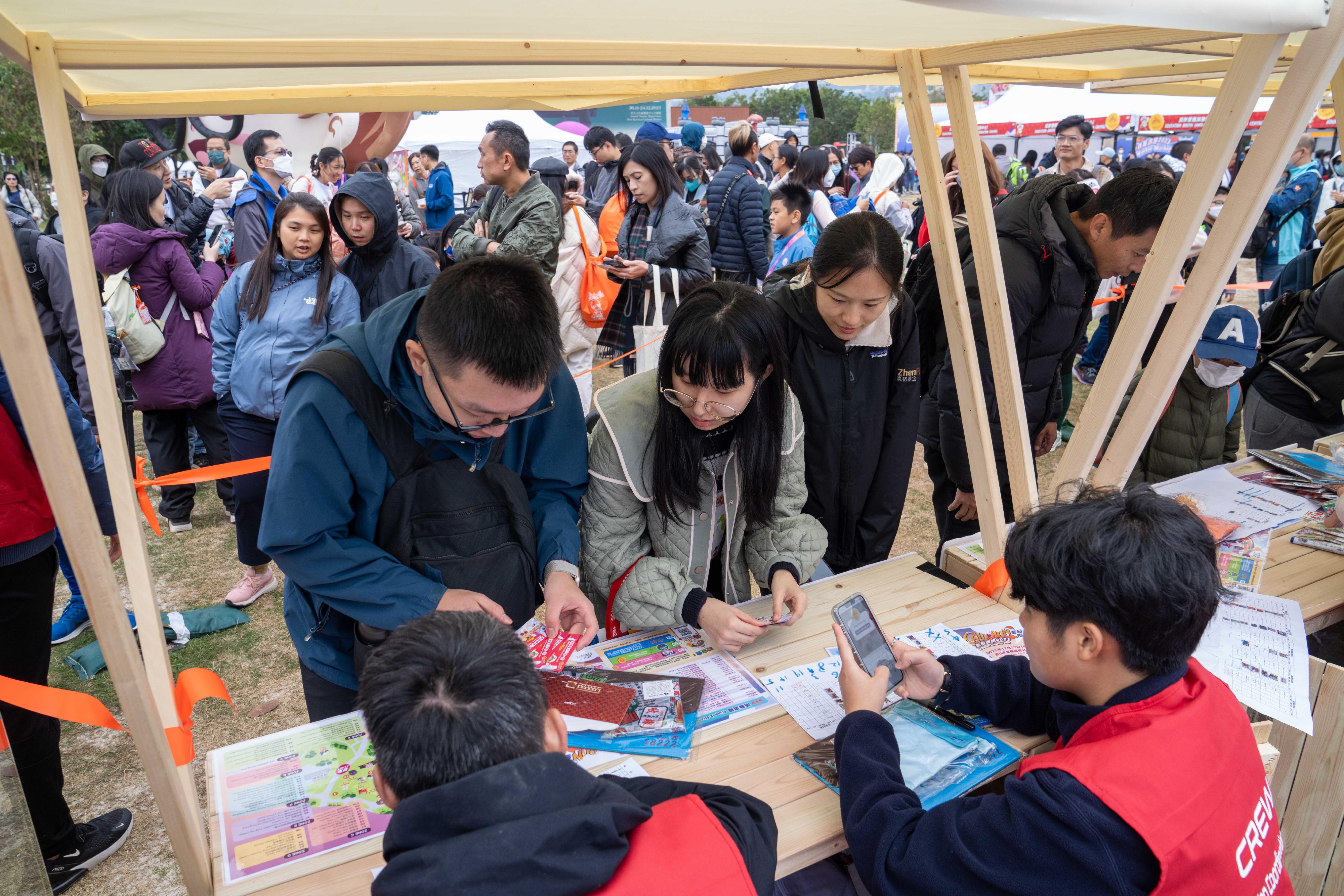Second Phase Opening-up of Sha Tau Kok starts from January 1 next year (with photos)
The Second Phase Opening-up of Sha Tau Kok will begin on January 1 next year. Initially, up to 1 000 tourists per day will be allowed to visit all parts of Sha Tau Kok, except Chung Ying Street, after applying online for a Closed Area Permit (CAP), allowing more people to learn about the history, culture, and natural geological features of Sha Tau Kok and nearby outlying islands, and promoting cultural and eco-tourism.
The daily tourist quota includes 700 tour group visitors and 300 individual tourists. Travel agencies or tourists can log onto the Hong Kong Police Force Online Applications Platform (www.es.police.gov.hk) to apply for a free electronic Tourism CAP on a first-come, first-served basis. Hong Kong residents or visitors to Hong Kong can both apply and visit Sha Tau Kok from 7am to 9pm on the date they have applied for. The application process takes three working days. The quota for January is now open for application. Subsequently, applications will be open on the first day of each month for all the quotas in the following month. Tourists may also contact licensed travel agents directly to sign up for tours visiting Sha Tau Kok, and licensed travel agents will handle the relevant application procedures.
The Second Phase Opening-up of Sha Tau Kok features a number of new attractions, including the Chung Ying Street Garden, which is situated in front of the Chung Ying Street Checkpoint, where visitors will find a viewing deck overlooking Chung Ying Street and a replica of an old railway station in Hong Kong as well as a model actual-size locomotive. The Fish Lantern Square also displays scenes of the national intangible cultural heritage “Sha Tau Kok fish-lantern dance”, where visitors can immerse themselves in colourful fish lantern installations and feel the unique charm of traditional culture.
Other special attractions include the old Sha Tau Kok Fire Station, which still retains its former appearance, with the replica of a century-old fire-fighting hand cart being displayed from time to time; the mural paintings at Shun Ping Street depicting traditional cultural activities in Sha Tau Kok, and more, which are full of the unique history and culture of the district. Tourists can also go to the Sha Tau Kok Post Office to buy Sha Tau Kok specialty postcards and stamp them with the post office’s unique postal chops. They can also visit the longest pier in Hong Kong, Sha Tau Kok Pier, and the largest remaining Guangzhou-style arcade complex in Hong Kong, “San Lau Street”, as well as the statutory monument Hip Tin Temple, and more. Visitors can also relish Sha Tau Kok’s traditional or special cuisine, and learn about the different facets of Sha Tau Kok.
The Hong Kong Tourism Board has launched a thematic website (www.discoverhongkong.com/tc/explore/discover-sha-tau-kok.html) to introduce the “Top 10 attractions”, “Top 10 delicacies” and “Top 10 cultural attractions” of Sha Tau Kok to allow visitors and locals to explore its new offerings.
Individual tourists visiting Sha Tau Kok are required to take public transport to Sha Tau Kok. Access of private vehicles is not allowed. Tourists may take the following transport:
(1) Bus route Nos. 78S (express) or 78K at MTR Sheung Shui Station or Fanling Station;
(2) Minibus route No. 55K at MTR Sheung Shui Station and get off at the terminal; or
(3) Bus route No. 277A at MTR Lam Tin Station.
Some of the above bus routes only run at specific times. The Transport Department will issue traffic notices to announce details of public transport services. The bus company will also update its website for passengers to check the relevant information.


